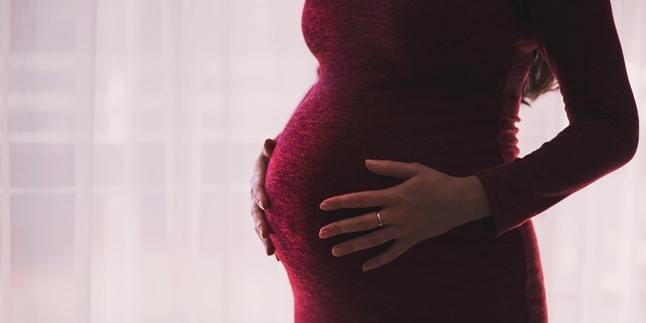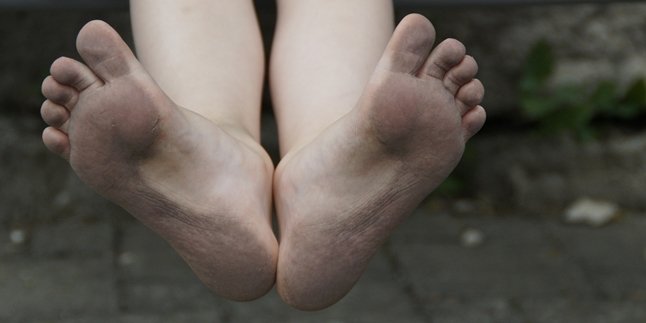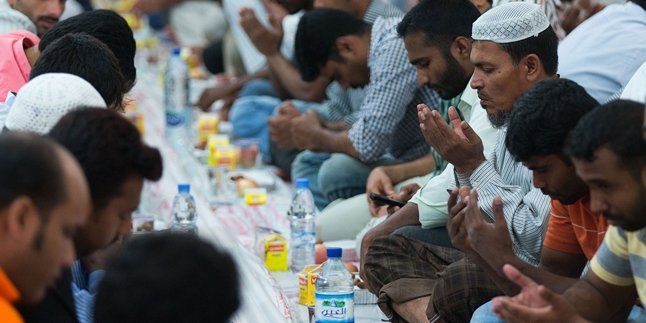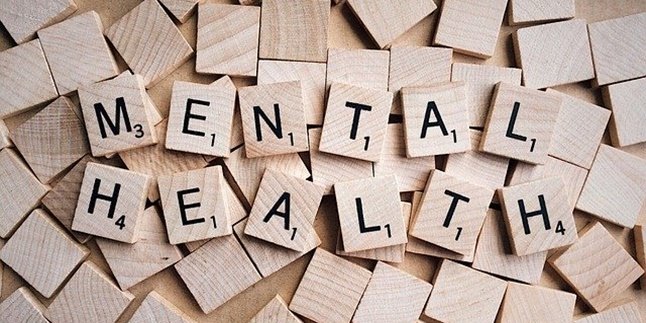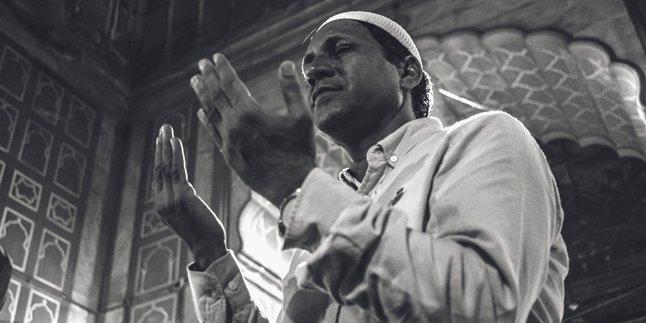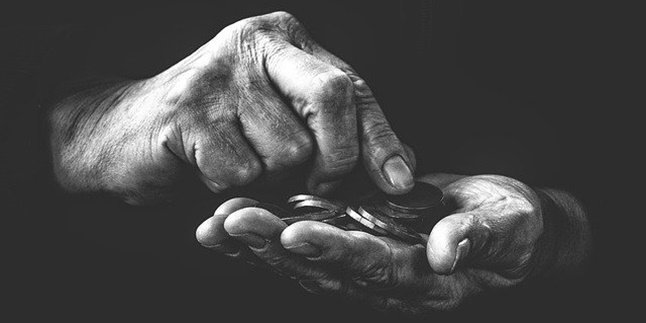Kapanlagi.com - The month of Ramadan has arrived, Muslims have been eagerly awaiting its arrival. The month where all sins and mistakes will be forgiven by Allah SWT, if sincerely and with a pure heart performing all worship and observing fasting for the sake of Allah Ta'ala.
But not all Muslims can observe fasting, there are some laws that explain about people who are unable to fast. Such as the fasting law for pregnant and breastfeeding women or the fasting law for the elderly.
Of course, this will provide a better understanding for us to know more clearly whether a pregnant or breastfeeding mother can observe fasting or not. Because Allah SWT never burdens His servants even in performing a worship. Therefore, according to various sources, here is the fasting law for pregnant and breastfeeding women.
1. Health Aspects of Pregnant Women
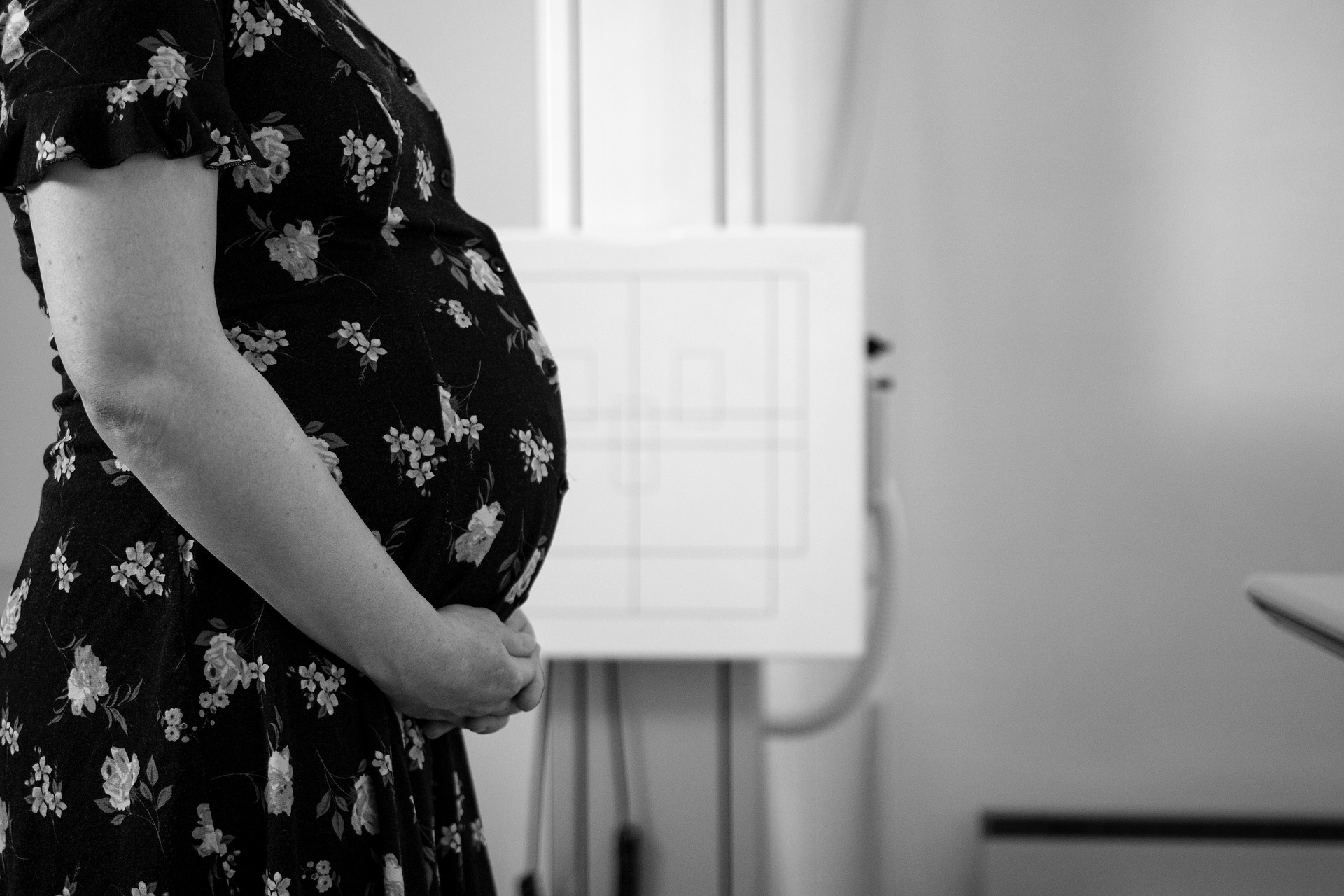
Illustration (credit: Pixabay)
Experts recommend that pregnant women in the first trimester of pregnancy should not fast first. This is because in the first trimester, the fetal body organs are still undergoing significant formation and require a lot of nutritional intake from the mother. If the mother still wants to fast in the first trimester, it is feared that the baby will be born with low birth weight, which is not good for the baby.
Therefore, it is very worrying in the medical field if you are pregnant in the first trimester and still fast. Because it not only affects the mother, but also has a significant impact on the baby in the womb. However, after the first trimester, pregnant women can fast. With the condition that they can meet nutritional adequacy and body readiness.
2. The Health Side of Breastfeeding

Illustration (credit: Pixabay)
For breastfeeding mothers, it will not be a serious problem if you continue fasting. Although breastfeeding mothers need nutrition, fasting will not affect breast milk production and the baby's health. Decreased calorie intake and weight loss will also not affect milk production, but it does affect the fat content in breast milk.
However, there are things to consider when you want to fast. According to health experts, if a mother wants to fast, it depends on the age of the baby. If the baby is under six months old, it will be difficult for the mother to fast maximally because babies generally still need exclusive breastfeeding before they receive additional intake. But it is different for children who are one year old and can receive additional intake other than breast milk.
This can be interpreted that it is safer for a mother to fast when the child has reached one year old because they can already receive other intake besides breast milk.
3. According to Islamic Law

Islamic law on fasting for pregnant and nursing mothers (credit: Pixabay)
According to Islam, the law of fasting for pregnant and breastfeeding mothers is that they are not obligated to fast if it endangers their health or the health of their child. According to the Shafi'i school of thought, if a pregnant or breastfeeding woman fasts and it is feared that it will have a negative impact on her and her child, or on her or her child alone, then she must break her fast. This was stated by Abdurrahman al-Juzairi, "The Shafi'i school of thought believes that pregnant and breastfeeding women, when fasting, are worried about undeniable dangers, whether it endangers themselves and their child, themselves alone, or their child alone. In these three conditions, they are required to break their fast and make up for it. However, in the third condition, when fasting is feared to endanger only their child, they are also required to pay fidyah." (Abdurrahman al-Juzairi, al-Fiqh 'ala Madzahib al-Arba'ah, Beirut-Dar al-Kutub al-'Ilmiyyah, 2nd edition, p. 521). It can be further strengthened by referring to the book Fiqh as-Sunnah by Sayyid Sabiq, which states, "To determine whether fasting can be harmful (to oneself and one's child, oneself alone, or one's child alone), it can be done through previous habits, reliable doctor's advice, or strong assumptions." It can be concluded that the law of fasting for pregnant and breastfeeding mothers is not obligatory if it endangers either the mother or the child, or both.
4. Paying Qadla' and Fidyah

The law of fasting for pregnant and breastfeeding mothers (credit: Shutterstock)
As for the ruling on fasting for pregnant and nursing mothers in paying qadla' and fidyah, it depends on two factors. The first factor is that pregnant and nursing mothers who are obligated to make up for missed fasts can do so after the month of Ramadan or after the nursing period ends, according to the number of missed fasts. As for pregnant women who then give birth and continue nursing for several years, qadha' fasts can be replaced with fidyah.
For those who wish to pay fidyah, they can pay in the form of food or money that can be used for the poor. And the method of payment is explained by Imam Muhammad Khatib asy-Syarbini in the book Mugni al-Muhtaj Ila Ma'rifati al-Madh al-Minhaj,
"It is permissible for them to distribute the entire amount of fidyah to one person because each day is an independent act of worship."
That is the ruling on fasting for pregnant and nursing mothers along with its explanation. Hopefully, the above explanation can provide understanding for KLovers who are still confused about the ruling on fasting for pregnant and nursing mothers according to authentic sources.
(kpl/dhm/gen)
Disclaimer: This translation from Bahasa Indonesia to English has been generated by Artificial Intelligence.
